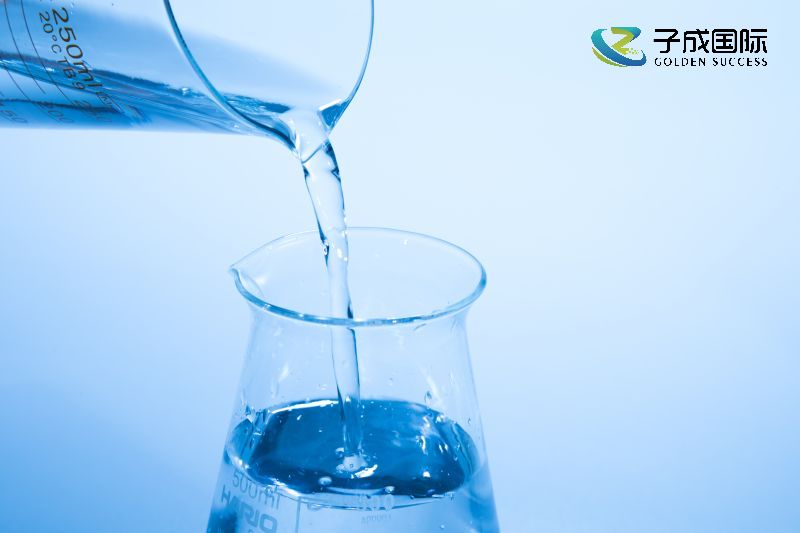In the future, the primary innovation direction of wetting agent technology will be the in-depth research and development of green raw materials. With the increasing awareness of environmental protection, finding and developing raw materials from renewable resources, such as plant-based and microbial fermentation products, will become a consensus in the industry. These green raw materials can not only reduce dependence on non renewable petroleum resources, but also significantly reduce carbon emissions and ecological footprint in the production process.

Improving the biodegradability of wetting agents is an important way to achieve environmentally friendly products. By optimizing molecular structure design and introducing easily biodegradable functional groups, wetting agents can be quickly decomposed into harmless substances by microorganisms in the natural environment after completing their functional tasks, reducing pollution to soil and water bodies.
In order to achieve energy conservation and emission reduction in the production process, future wetting agent production technology will pay more attention to improving energy efficiency and resource utilization of waste. By adopting measures such as low-temperature and low-pressure reaction conditions, efficient catalysts, and closed-loop systems, energy consumption and waste emissions will be significantly reduced, promoting the industry's transformation towards green manufacturing.
Building a comprehensive and scientific environmental performance evaluation system is an inevitable requirement for the future development of wetting agent technology. This system will cover the entire life cycle from raw material procurement, production and manufacturing, product use to waste disposal, and comprehensively evaluate the greenness, biodegradability, ecological toxicity, etc. of wetting agents, providing reliable environmental standards for the industry.

 English
English
 Chinese
Chinese Vietnamese
Vietnamese
 HOME
HOME
 PRODUCT
PRODUCT
 NEWS
NEWS
 CONTACT
CONTACT


